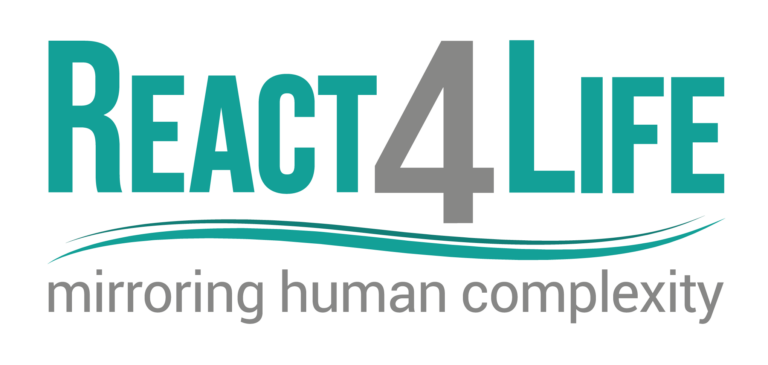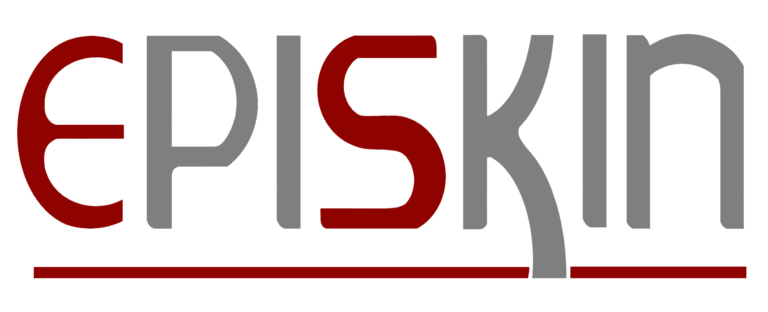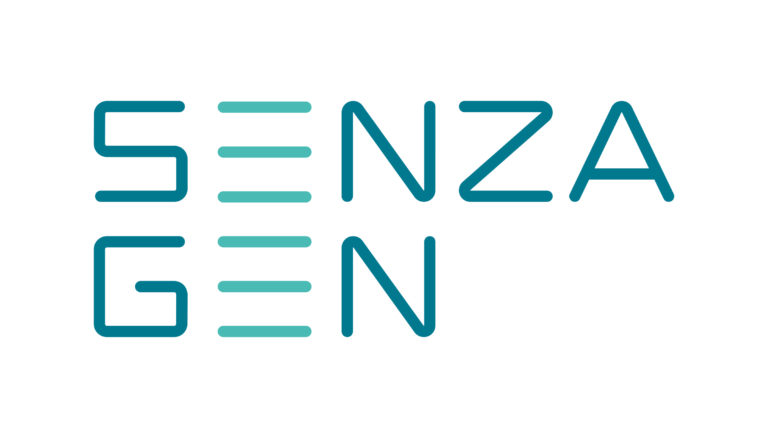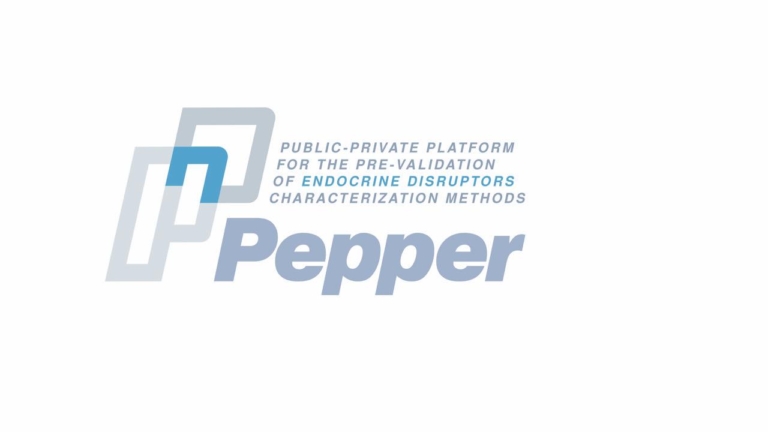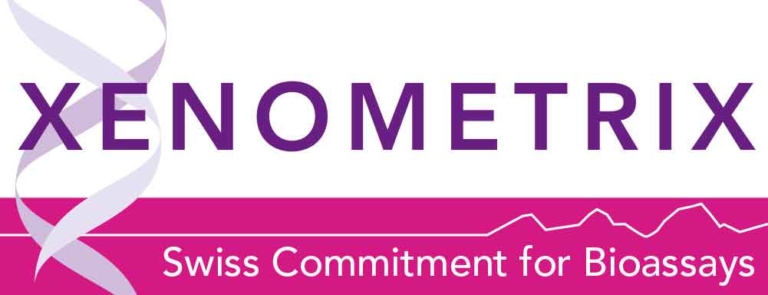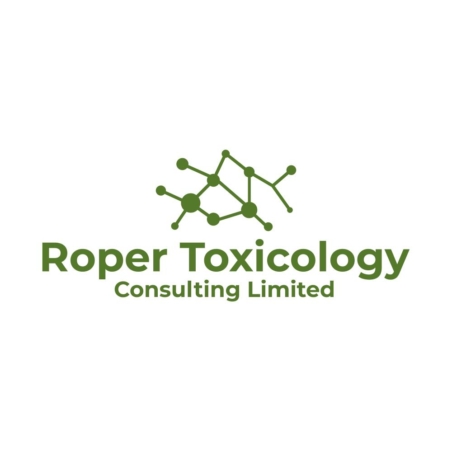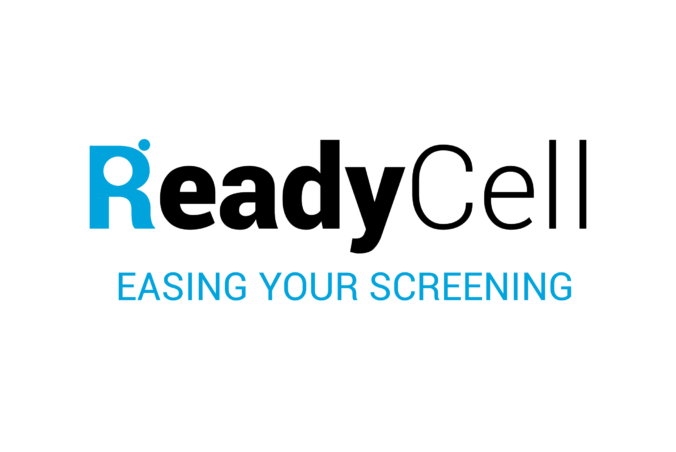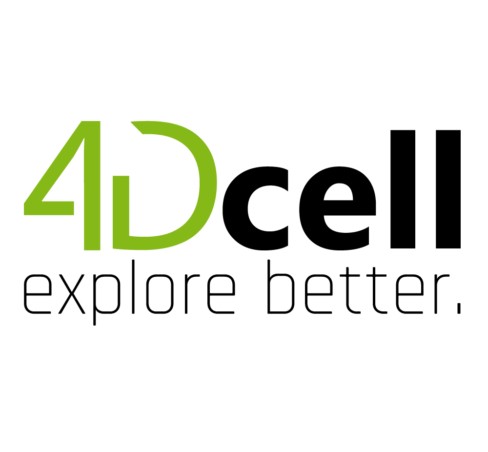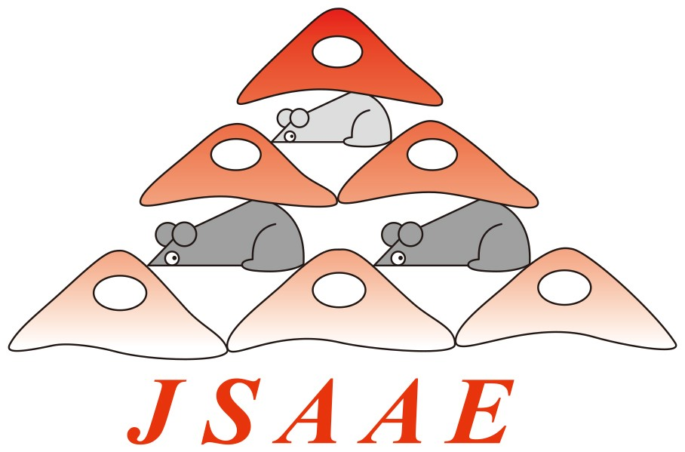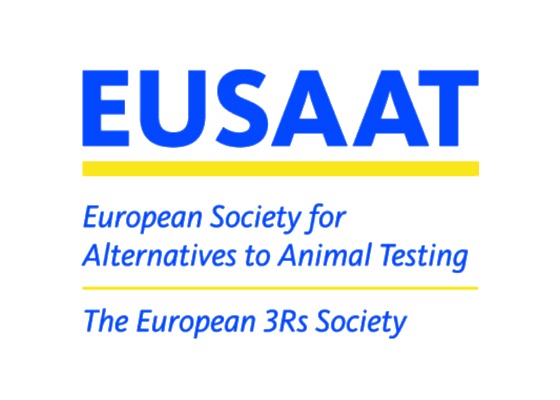The ESTIV Board and the Editorial Office of Toxicology in Vitro are pleased to announce that the paper submission deadline for the Virtual Special Issue (VSI) ESTIV 2024: The Application of New Approach Methodologies (NAMs) in Drug Discovery and Drug and Chemical Safety Assessment has been extended to 30 April 2025.
This extension provides additional time for researchers to refine and submit their contributions. All authors who presented an abstract at the ESTIV 2024 Congress are warmly encouraged to submit their research for inclusion in this special issue.
Don’t miss this opportunity to showcase your work in a leading journal and contribute to advancing the field of NAMs in toxicology.
The three guest editors:
Centre of Experimental Medicine, Slovak Academy of Sciences, Bratislava, Slovakia
National Institute of Public Health, Praha, Czechia
The University of Queensland, Brisbane, Queensland, Australia
are looking forward to your submissions!
The first paper published in this VSI relates to #MedicalDevice testing!
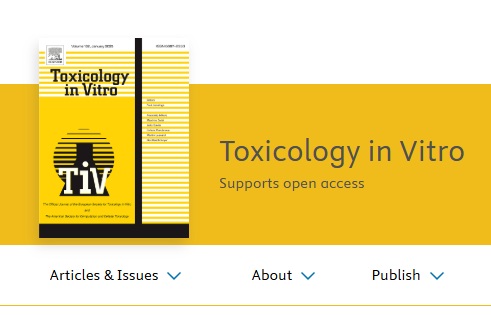
Exploring the potential of reconstructed human epithelial tissue models for safety assessment of intraoral medical devices.
Peter Pôbiš, Tatiana Milasová, Helena Kandárová,
Toxicology in Vitro, Volume 104, 2025, 105956, ISSN 0887-2333,
https://doi.org/10.1016/j.tiv.2024.105956.
Abstract: Medical devices are integral to a wide array of medical interventions and are increasingly utilized in both clinical and home settings. Within the oral cavity, intraoral medical devices are employed for various applications, to improve quality of life and maintain oral health and hygiene. However, the dynamic and complex environment of the oral cavity, characterized by the influence of factors, such as saliva composition, fluctuating pH, and microbial flora presents a challenge to ensure the safety of end-users. In this paper, we investigate the feasibility of utilization of 3D reconstructed human tissue models for the assessment of biocompatibility of intraoral medical devices. Building upon experiences drawn from the development and validation of ISO 10993-23 and from the development of a protocol for ocular irritation and photo-irritation, we suggest a new protocol for buccal mucosa irritation testing. The methodology is based on the viability assessment and analysis of cytokine release into media. By addressing intraoral medical devices biocompatibility testing, we aim to contribute to the advancement of biocompatibility assessment methodologies and increase the applicability of ISO 10993-23.
Keywords: Medical devices; EpiOcular; EpiOral; In vitro; ISO 10993-23
 The ESTIV Members Area
The ESTIV Members Area